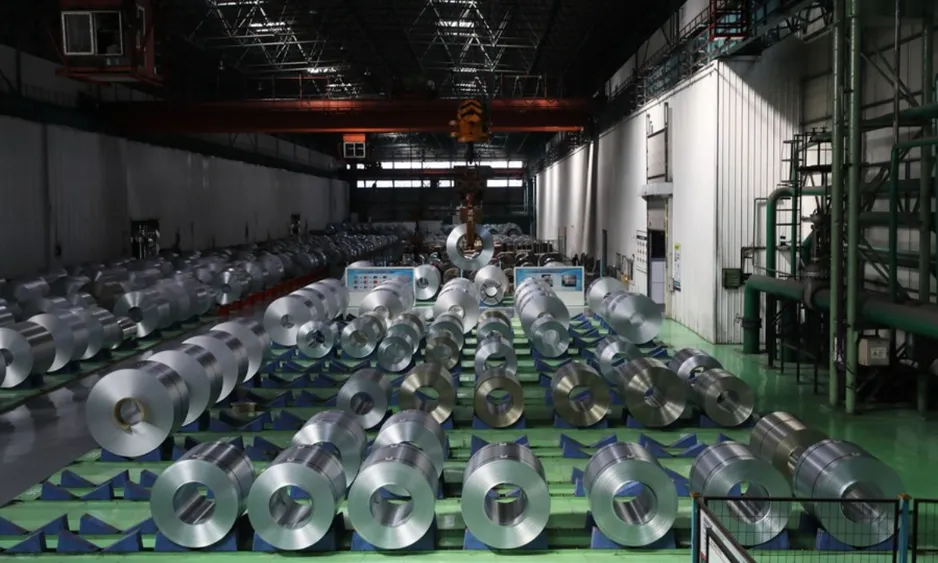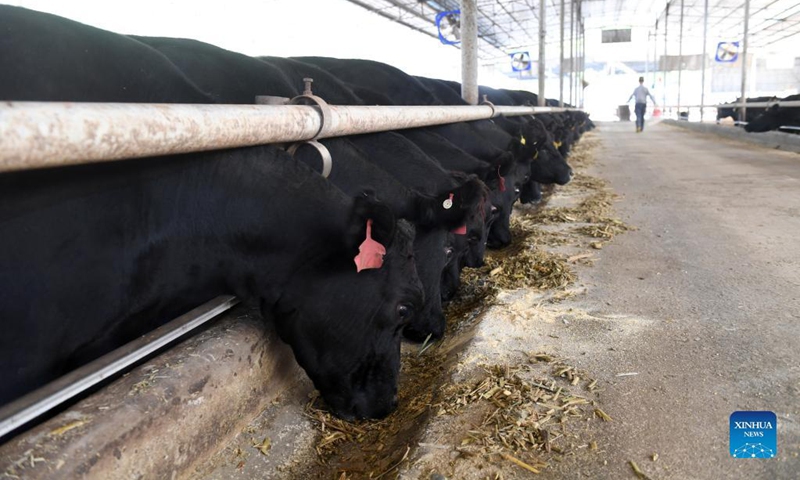Chinese Expert Warns US EU Metals Alliance Could Disrupt Global Markets

A Chinese trade expert has raised concerns over the proposed metals alliance between the United States and the European Union, emphasizing that such an initiative targeting China could fundamentally disrupt the global supply-demand equilibrium.
According to reports, the US and the EU are in the process of establishing a metals alliance to counter what they label as subsidized Chinese production that ostensibly distorts global market conditions. This announcement was made by European Trade Commissioner Maros Sefcovic.
The emerging deal outlines a system wherein EU steel and aluminum producers may receive a quota system coupled with minimal or zero tariffs, effectively replacing the current US import tariffs, which stand at 50 percent. However, the finer details of this arrangement remain to be finalized.
Zhou Mi, a senior researcher at the Chinese Academy of International Trade and Economic Cooperation, noted that the anticipated metals alliance seems clearly designed with the intention of protecting US and EU industries from China's growing production capacity. He labeled this approach as protectionist and fundamentally exclusionary.
Despite this, Zhou expressed skepticism regarding the alliance's potential to resolve underlying structural challenges facing US and EU industries. He believes that attempts to exclude China will not result in significant improvements or efficiency gains.
Zhou further argued that resource-related difficulties must be addressed as part of an integrated industrial chain perspective. He criticized measures that disregard essential market principles as ineffective in driving investment, production, and ultimately growth.
The assertion that China's industrial support measures constitute illegal subsidies was refuted by Zhou, who maintained that China's policies align with international trade regulations and do not specifically target other nations.
Highlighting China's pivotal role in global metal supply chains, Zhou reiterated that any attempt to sideline China could lead to significant supply-demand disparities in the sector.
Additionally, while a trade deal between the US and EU has been reached, it commits to a baseline tariff of 15 percent on EU exports, leaving the existing 50 percent tariffs on EU steel and aluminum intact.
This agreement has not gone unchallenged; criticism has emerged from within EU circles. Bernd Lange, head of the European Parliament's Committee on International Trade, condemned the deal as unsatisfactory and potentially destabilizing to the EU's economic landscape.
In response to inquiries regarding the US-EU trade agreement, Chinese Foreign Ministry spokesperson Guo Jiakun emphasized that China advocates for peaceful resolutions of trade disputes, urging compliance with World Trade Organization rules.
Guo concluded with a firm stance against any agreements that compromise China's interests, reinforcing the notion of equitable and fair dialogue in international trade.
Read These Next

Chuangyao Tech's Share Transfer: Market Sentiment & Risks
Chuangyao Technology announces a tentative share transfer price of 38.01 CNY, reflecting investor interest and corporate strategies amidst potential risks.

Huaxi Cattle Market Share Surpasses 20% in China
Huaxi cattle now hold over 20% of China's beef market, highlighting 40 years of breeding and boosting local agriculture.

Fitch表示,仅靠美国关税无法降低欧盟评级。
Fitch's Ed Parker states that the US's 15% tax on the EU won't change the economic outlook, but it may pressure the EU's stability.
